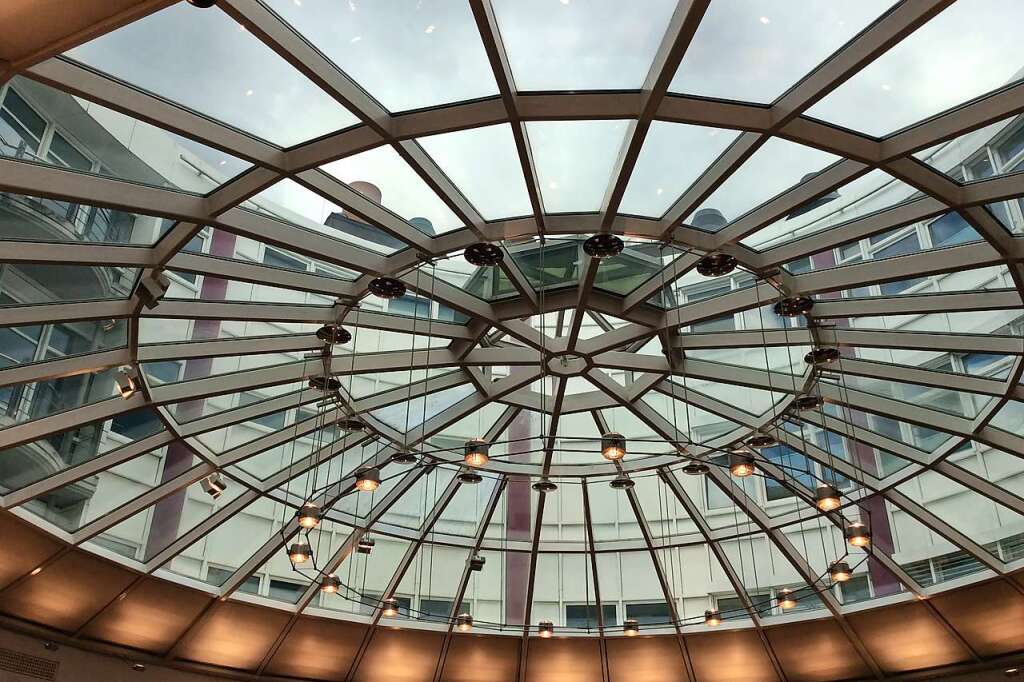Researchers at Maastricht University took samples from the intestines of 190 Dutch people who traveled to Asia and Africa. After the trip, they had bacteria in their gut that not only had more, but also more different genes for antibiotic resistance. The researchers identified ten so-called high-risk genes. They did not find six of them in the samples before the trip, but they did after the trip. The study popped up in Genome Medicine
Many bacteria naturally have genes that protect them against antibiotics, because some (other) bacteria make antibiotics themselves. But when bacteria often come into contact with antibiotics in medicines or animal feed, these genes can spread quickly.
–


